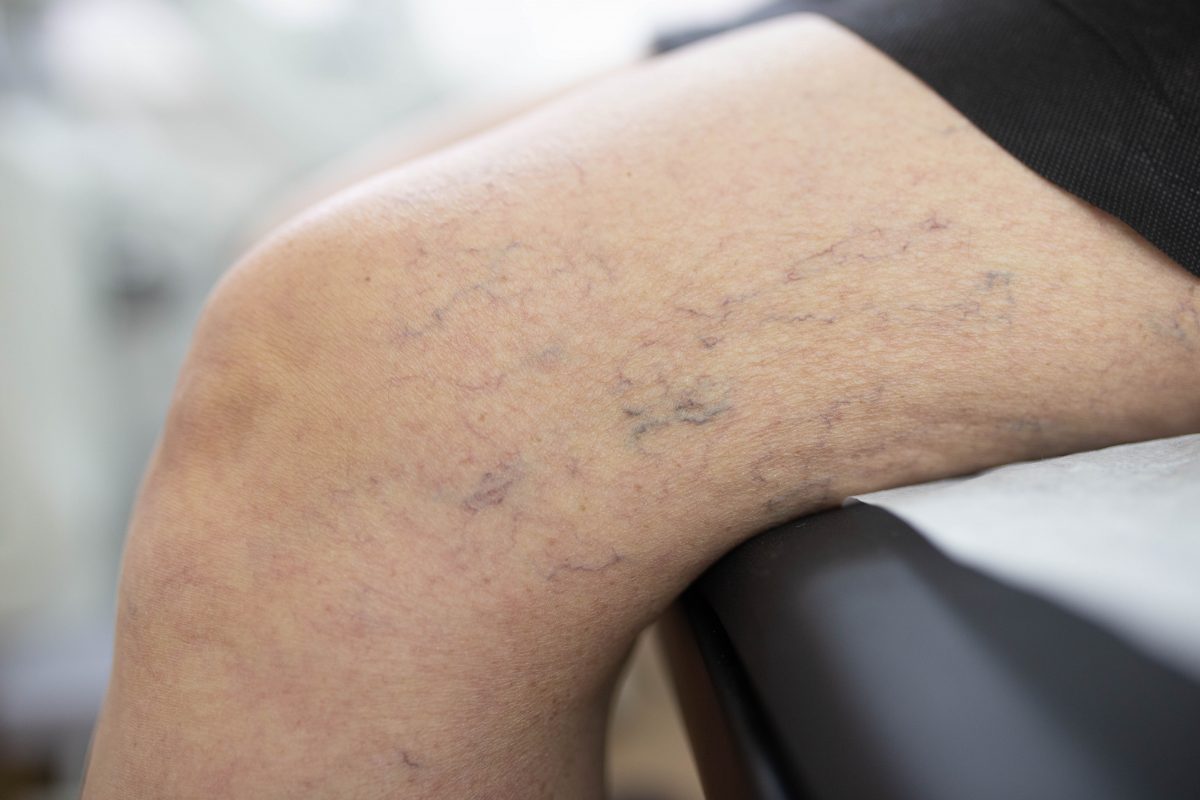Varicose veins signal complex underlying vein diseases, and require skilled and expert care to prevent complications. Several doctors offer treatment for varicose veins. If you want to know how to choose the right kind of vein expert for your varicose veins, read on!
A varicose vein specialist doctor near me should have the right training and credentials
Any physician is technically qualified to treat varicose veins. However, you will want to choose a doctor who is confident of his diagnosis and has less chances of making errors in judgment. For this, you will need to seek out a board certified vein specialist, who has received special training for vein diseases.
The right vein doctor will perform vein treatment regularly
Varicose vein disease is something that your vein doctor should be dealing with on a regular basis. The more focused your doctor is in this area, the more experience and skill he is likely to have – which will in turn increase the success of his treatment procedures.

The vein doctor must be skilled in state of the art procedures
Traditionally, varicose vein treatment involved surgically removing the entire vein. This is invasive, and requires a longer recovery time. Today, minimally invasive procedures such as Radiofrequency ablation and VenaSeal are available, but these procedures require a high level of expertise. Your vein doctor must be skilled enough to carry out these advanced procedures, and should have treated varicose veins in the past using these techniques.
The varicose vein doctor should accept my insurance
Treating varicose veins can be an expensive affair if it is not covered by insurance. Find a vein doctor who is credentialed through most major insurance companies.
The vein doctor is caring and compassionate
It is essential that you feel completely at ease with your vein doctor, so that you can express your concerns and needs freely. It helps when your vein doctor has a personalized approach, and treats you with warmth rather than as another case subject.

How will the vein doctor fix my varicose veins?
Varicose veins are basically veins that have defective valves. The valves are present to prevent blood, destined for the heart, from falling back down into the legs. When the valves fail, blood pools in your legs, making your legs ache and your veins bulge out.
The only way to fix this problem is to stop blood from flowing through defective veins altogether. Earlier, this was accomplished by removing the vein entirely. The new age minimally invasive techniques achieve this goal by sealing off the vein from the rest of the circulating blood. Once sealed off, the defunct vein eventually gets digested by the body, and disappears.
The minimally invasive techniques that are used to seal off defective veins include:
- Radiofrequency Ablation: The skin over the varicose vein is numbed, and a radiofrequency catheter is inserted into the vein. The heat from the catheter scars and destroys the vein from within.
- Endovenous Laser Ablation: The procedure is the same as RFA, except that a laser fiber is used instead of a radiofrequency catheter. Laser treatment may be slightly more uncomfortable than RFA during the procedure.
- Venaseal: This does not even require skin anesthesia or incisions. Medical grade glue is injected into your varicose vein, which seals it off.
- Clarivein: One of the latest cutting edge techniques, this involves implanting a tiny, rotating device into your vein. The device disperses a medicated solution, called sclerosant all through the vein. This irritates the vein, causing it to become sticky and seal off from within.
- Sclerotherapy: Sclerosant is directly injected into the defective vein. This is only used for small, residual varicose veins and spider veins.
- Varithena: Medicated foam is injected directly into your veins instead of sclerosant. This covers a wider area and can be used for larger spider veins, and residual varicose veins.
Do I need to get treatment for my varicose veins right away?
Initially, your bulging veins may not feel uncomfortable, and may only look unsightly. Many people postpone seeking treatment for this reason. However, the symptoms of varicose veins can only get worse, and the throbbing pain, heavy, aching feet, and general fatigue that are associated with this condition can dramatically reduce the quality of life. Long standing vein disease also causes the skin around the vein to change, and it can become stiff, discolored and itchy. It is always worth seeking a vein doctor’s advice before you develop painful symptoms.
Left untreated, varicose veins can cause severe complications. If you have veins that bulge significantly, minor injuries can cause the veins to tear, leading to profuse bleeding. Minor abrasions can also lead to non-healing leg ulcers. The most serious complication is the formation of blood clots in your leg, which can move to the upper body and lungs. This can be potentially fatal. To avoid all of these, visit a vein doctor if you suspect you have varicose veins.
The Vein Treatment Clinic is an advanced treatment center for varicose veins, has a team of Board certified, Ivy-league trained vein specialists. Our vein doctors have pioneered minimally invasive procedures for vein surgery. Combining expert skills with warmth and compassion, our vein specialists have one ultimate goal – to help you get rid of vein disease in the most comfortable, convenient way possible. For further information, r to make an appointment with one of our doctors, book an appointment online, or call (844) 690-1788 today!









